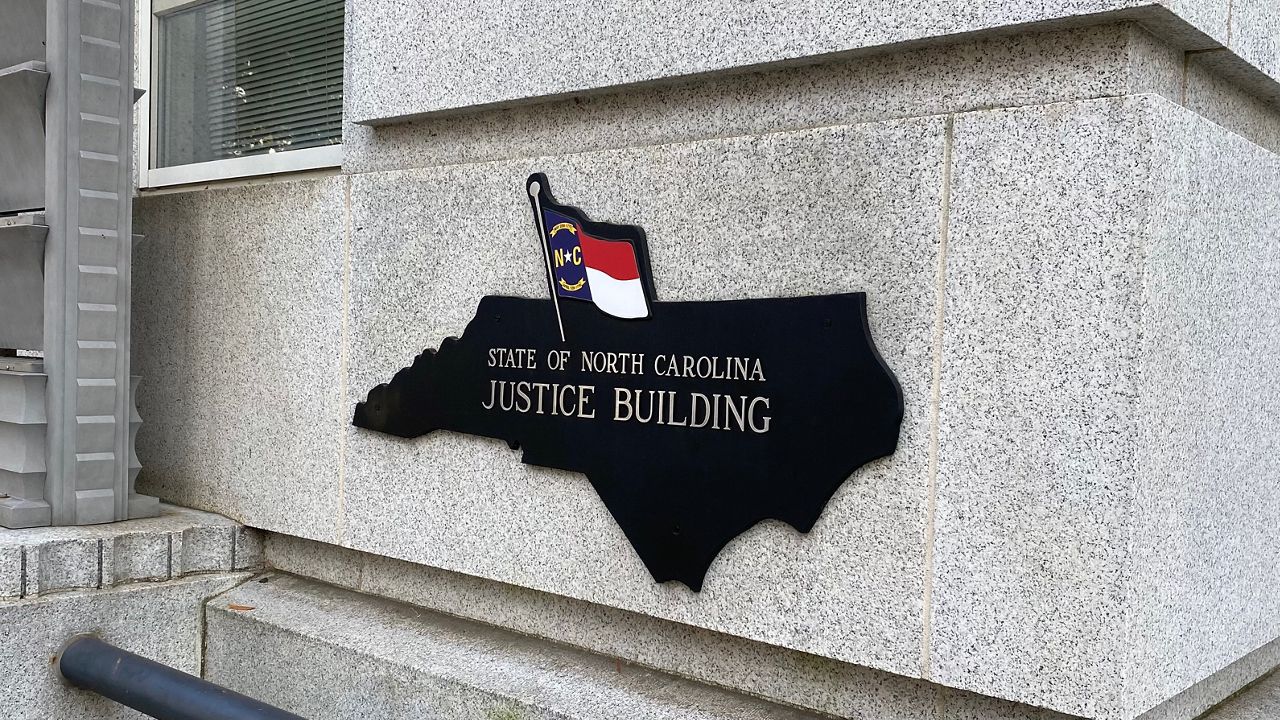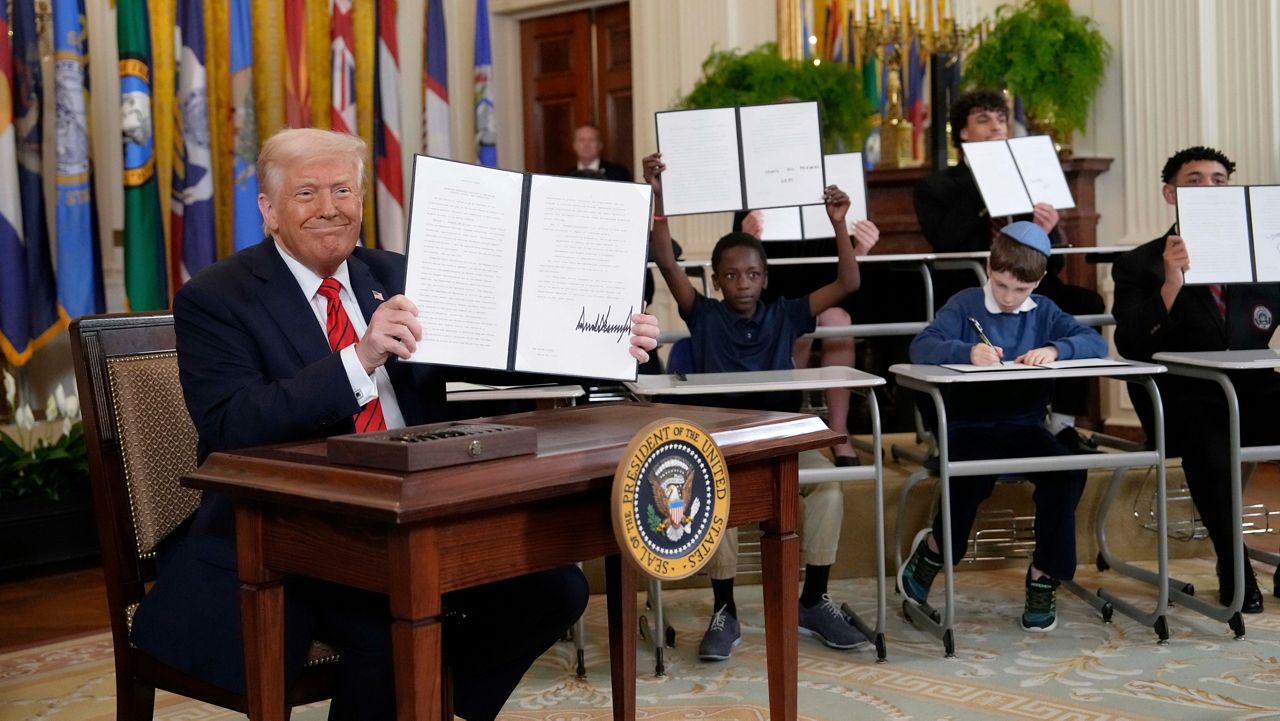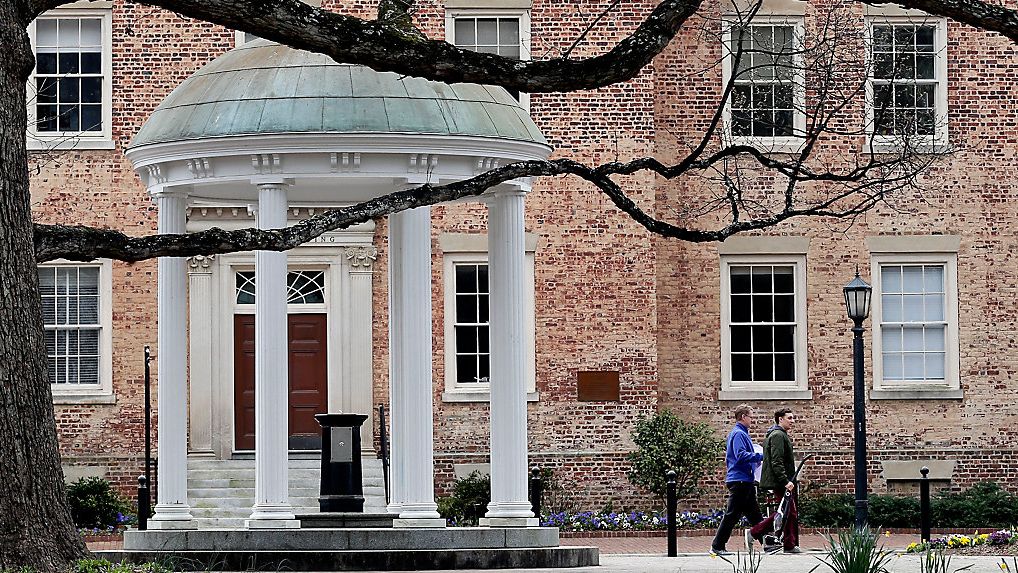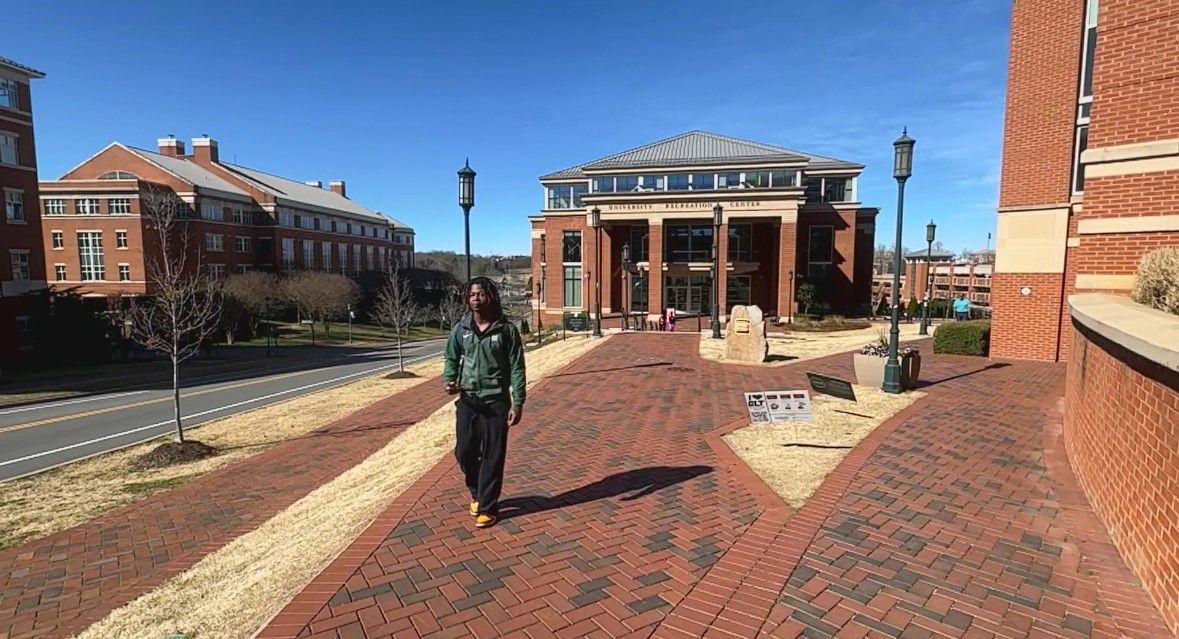RALEIGH, N.C. (AP) — A local North Carolina judge had the power to transfer large amounts of taxpayer dollars from government coffers to state agencies to carry out a plan to address longstanding education inequities, the state Supreme Court ruled on Friday.
In another landmark decision from school funding litigation that began three decades ago, the court's Democratic majority declared it was legitimate for Superior Court Judge David Lee last year to order the movement of $1.75 billion from state coffers to agencies to implement an education remedial plan he approved earlier.
The transfer had been blocked on appeal. Friday's majority instructed another trial judge to order state officials to move those funds once he recalculates further how much money is needed to fulfill two years of that eight-year plan.
Republican legislative leaders argued that only the General Assembly has authority to appropriate money, citing language in the North Carolina Constitution.
But in a 4-3 decision, justices agreed with Lee — who died last month — that previous Supreme Court decisions in the case, along with the constitution's declaration addressing the people’s “right to the privilege of education,” gave him authority to order funds be spent without a specific General Assembly law.
Associate Justice Robin Hudson, writing the 139-page majority opinion, described an “extraordinary” situation for courts to intervene after a 1997 Supreme Court ruling that found there was a constitutionally protected right for children to obtain the “opportunity for a sound basic education.” In 2004, justices declared that the state had failed to live up to that mandate.
As did Lee, Hudson cited the repeated unwillingness of other parts of state government to provide the resources necessary to comply with those rulings for affirming the transfer after years of judicial deference.
“Today, that deference expires,” Hudson said.
"Now, this court must determine whether that duty is a binding obligation or an unenforceable suggestion," she added. “We hold the former: The state may not indefinitely violate the constitutional rights of North Carolina schoolchildren without consequence.”
The opinion is a major victory for the plaintiffs in the litigation filed in 1994 and their education allies, which include Democratic Gov. Roy Cooper. He was not named a legal party in the case, but his office helped develop the remedial plan that Lee ultimately ordered.
“As the (state) Supreme Court has affirmed today, we must do more for our students all across North Carolina,” Cooper said in a news release.
The justices ruled barely two months after hearing oral arguments and four days before statewide elections for two Supreme Court seats now held by Democrats Sam Ervin IV and Hudson. Ervin is seeking reelection, while Hudson is retiring.
Republicans can obtain a majority if they win at least one of the seats, which could open the door for the Supreme Court to revisit the case.
The remedial plan that Lee signed off on directed at least $5.6 billion be spent by 2028 on things like improving teacher recruitment and salaries, hiring more school support personnel and expanding pre-kindergarten.
Lee’s successor, Judge Mike Robinson, this year reduced Lee’s proposed transfer to $785 million, citing the passage of education funding in the 2021 state budget law. The Supreme Court ordered Friday another look at the figure in light of this year’s budget law.
Associate Justice Phil Berger Jr., who wrote an 88-page dissenting opinion for the court's three Republicans, said it's clear that the power to allot funds rests solely with the General Assembly.
"If legislative power over appropriations is absolute, then the judicial branch has no role in this endeavor," wrote Berger. He is the son of Senate leader Phil Berger, a Rockingham County Republican, who became a legal party in the case.
Instead, the younger Berger wrote, “the majority today now joins in denying legislative defendants due process, the fundamental fairness owed to any party, and usurps the legislative power by crafting policy and directly appropriating funds.”
Senate leader Berger and House Speaker Tim Moore were reviewing the ruling Friday, according to spokespersons.
The GOP lawmakers hadn’t been parties in the litigation known as "Leandro" — named for an original plaintiff — until recently and in legal briefs questioned whether Lee had any basis to impose a remedial plan that covered all 100 counties, and not just rural Hoke County. Hudson rejected that argument and others from lawmakers, calling them “untimely, distortive, and meritless.”
Both major parties have controlled at one time the General Assembly and the Executive Mansion since the 2004 ruling. Democrats embraced the remedial plan. Republican legislators have touted state budget laws that keep increasing K-12 spending and education policy improvements.
A spokesman for the conservative John Locke Foundation said the court's decision to direct spending sets a worrisome precedent.
"It is not a judge's role to tell the elected branches of government, which are the policy-making branches, how to go about setting education policy,” Mitch Kokai told Spectrum News 1 on Friday afternoon.
"This really does remind people just how important these judicial elections are," he added.
Every Child NC, a coalition urging full funding of the remedial plan, praised Friday's ruling, but some member representatives urged caution.
“People from across the state have been standing up for the rights of our children,” said Angus Thompson of Lumberton, another original plaintiff with his daughter. “We protested, we prayed, and now we vote. We need leaders to help us sustain this victory.”









